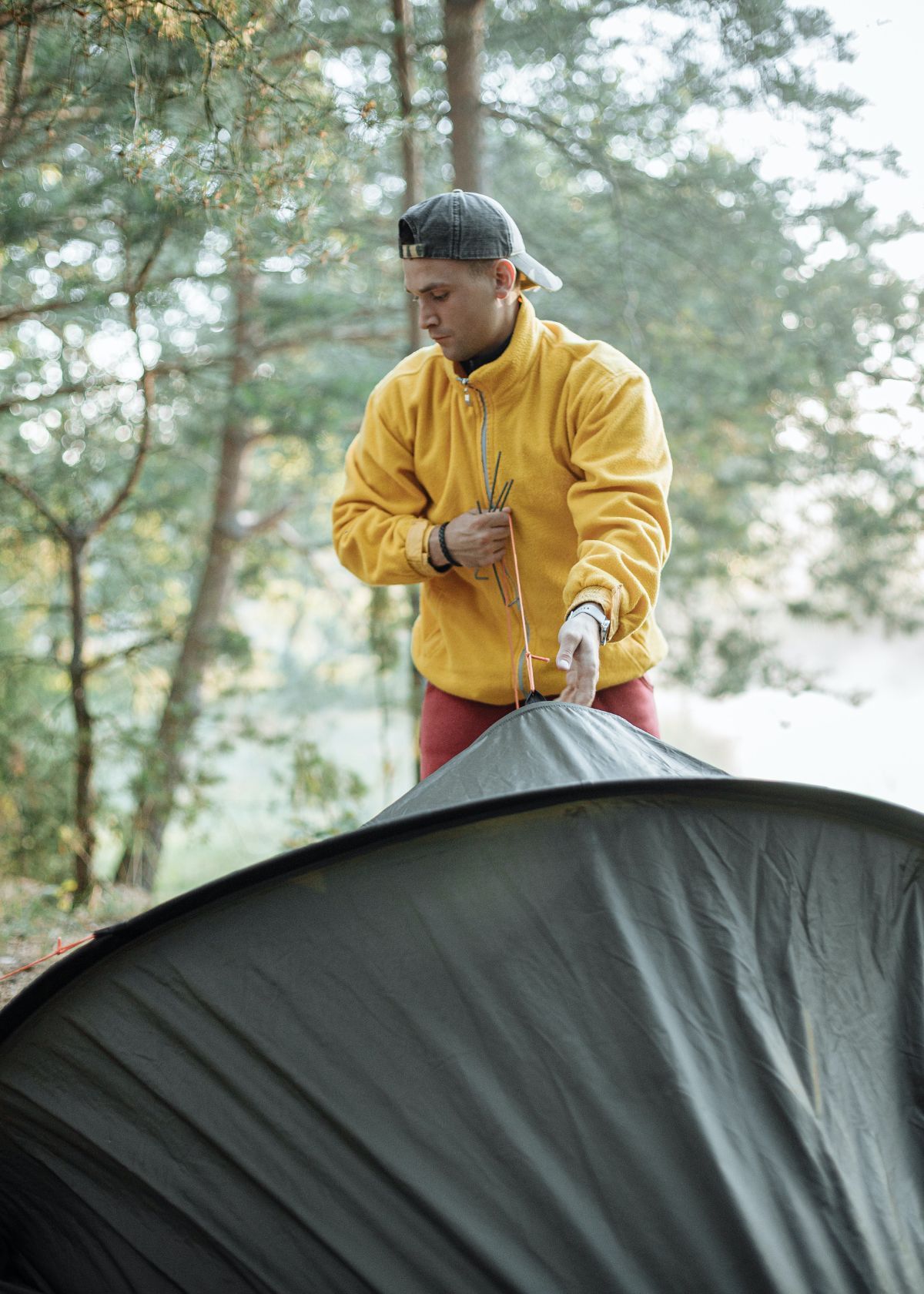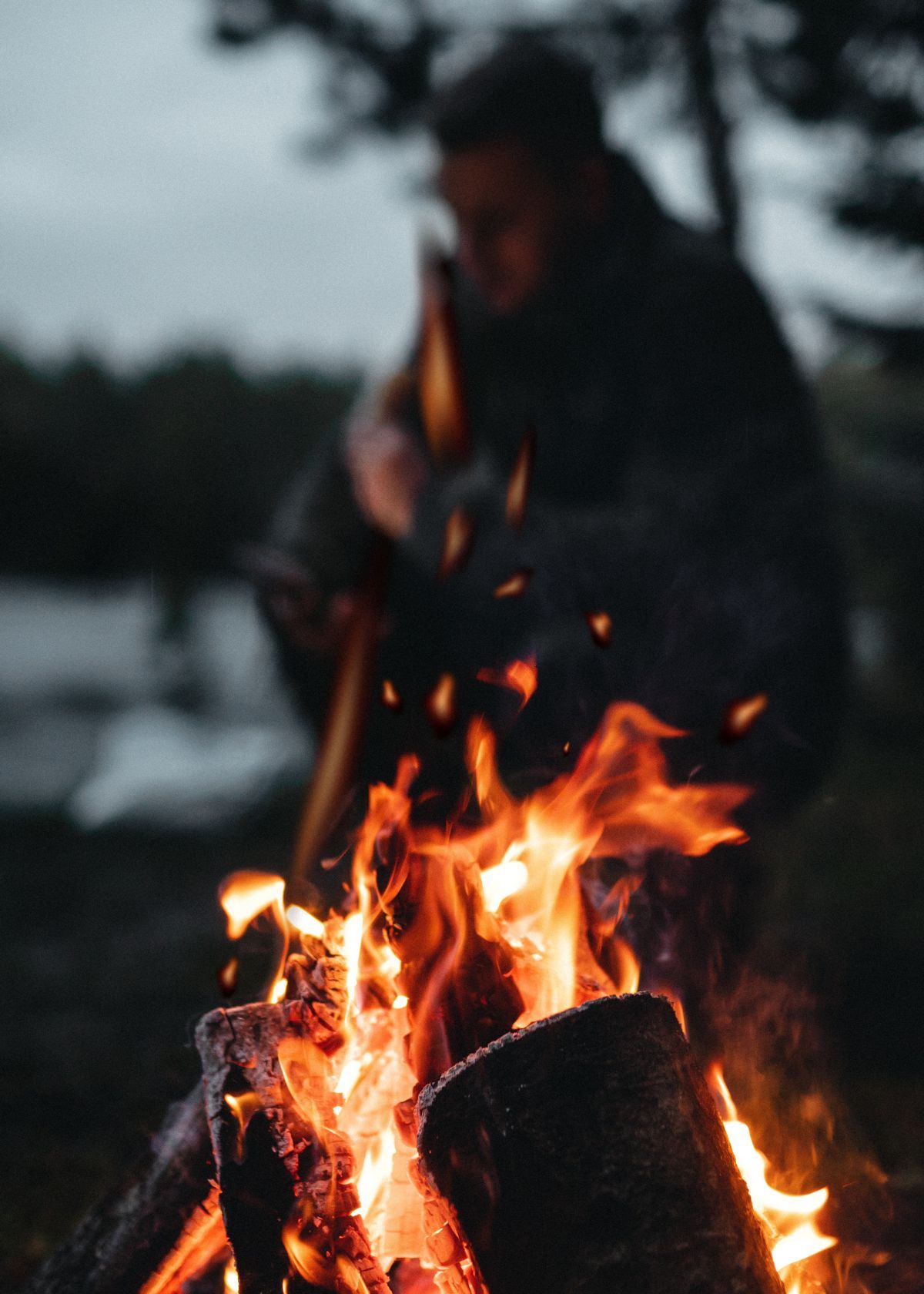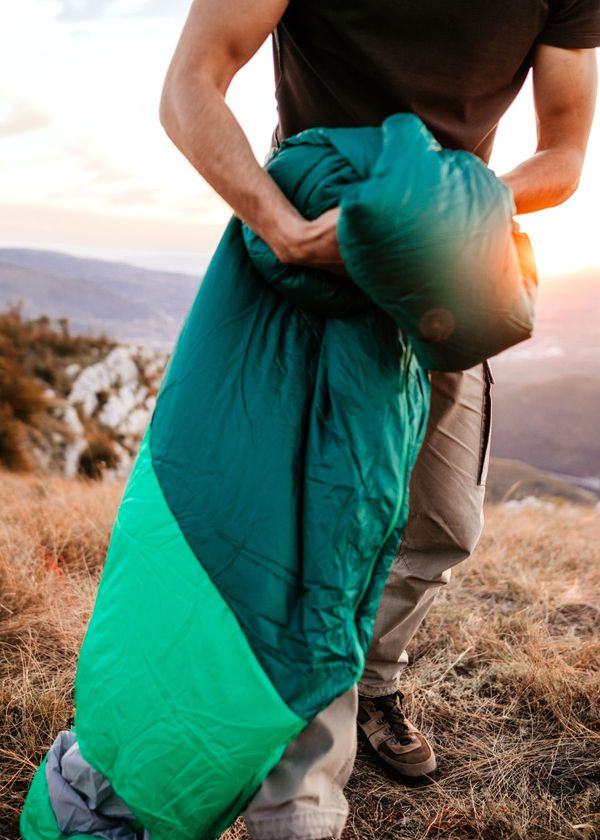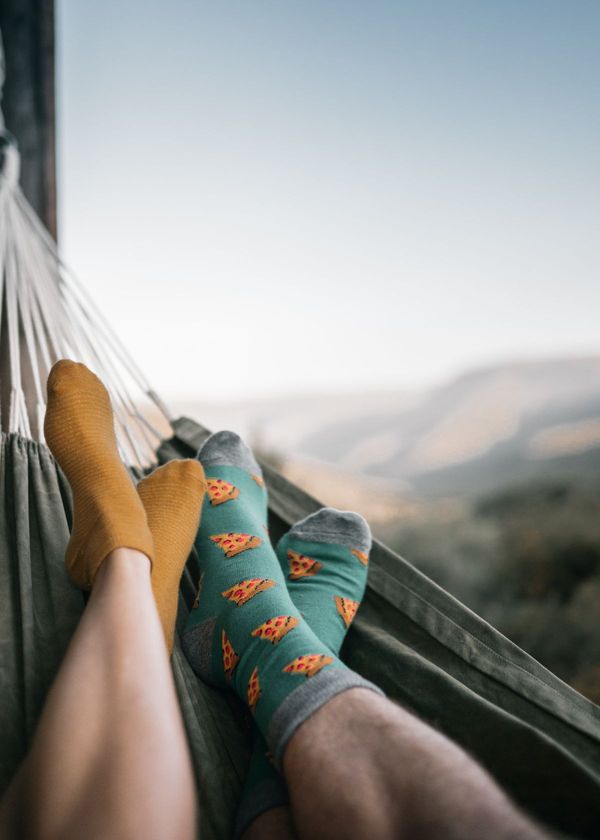In today's fast-paced and technology-driven world, the art of survival seems to be a lost art. However, with natural disasters, social unrest, and economic uncertainty becoming increasingly common, the need for wilderness survival training has never been greater.
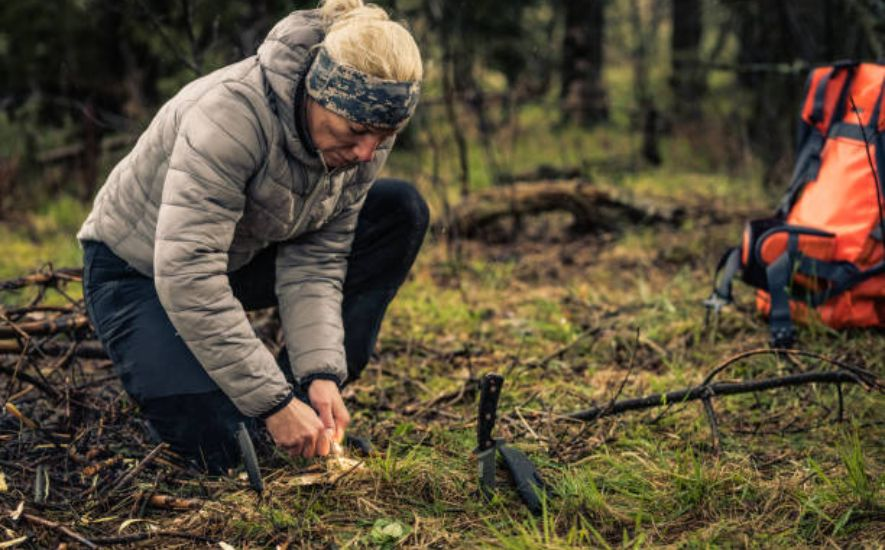
Becoming a survivalist is more than just learning how to start a fire or build a shelter. It's a mindset, a way of life, and a commitment to self-sufficiency in the face of adversity.
To become a survivalist, you need to understand the basic principles of survival, including how to find food, water, and shelter in the wild. You must also learn how to protect yourself from danger, both from the environment and other people. This means learning basic self-defense techniques, as well as how to navigate, communicate, and stay healthy in challenging situations.
Becoming a survivalist requires dedication and a willingness to learn new and complex skills, even by reading blogs or watching Youtube videos. It's not just about stockpiling supplies or building a bunker; it's about developing the knowledge, skills, and mindset needed to survive in any situation. So, whether you're interested in preparing for a disaster or want to challenge yourself to learn new skills, becoming a survivalist is a journey worth embarking on.
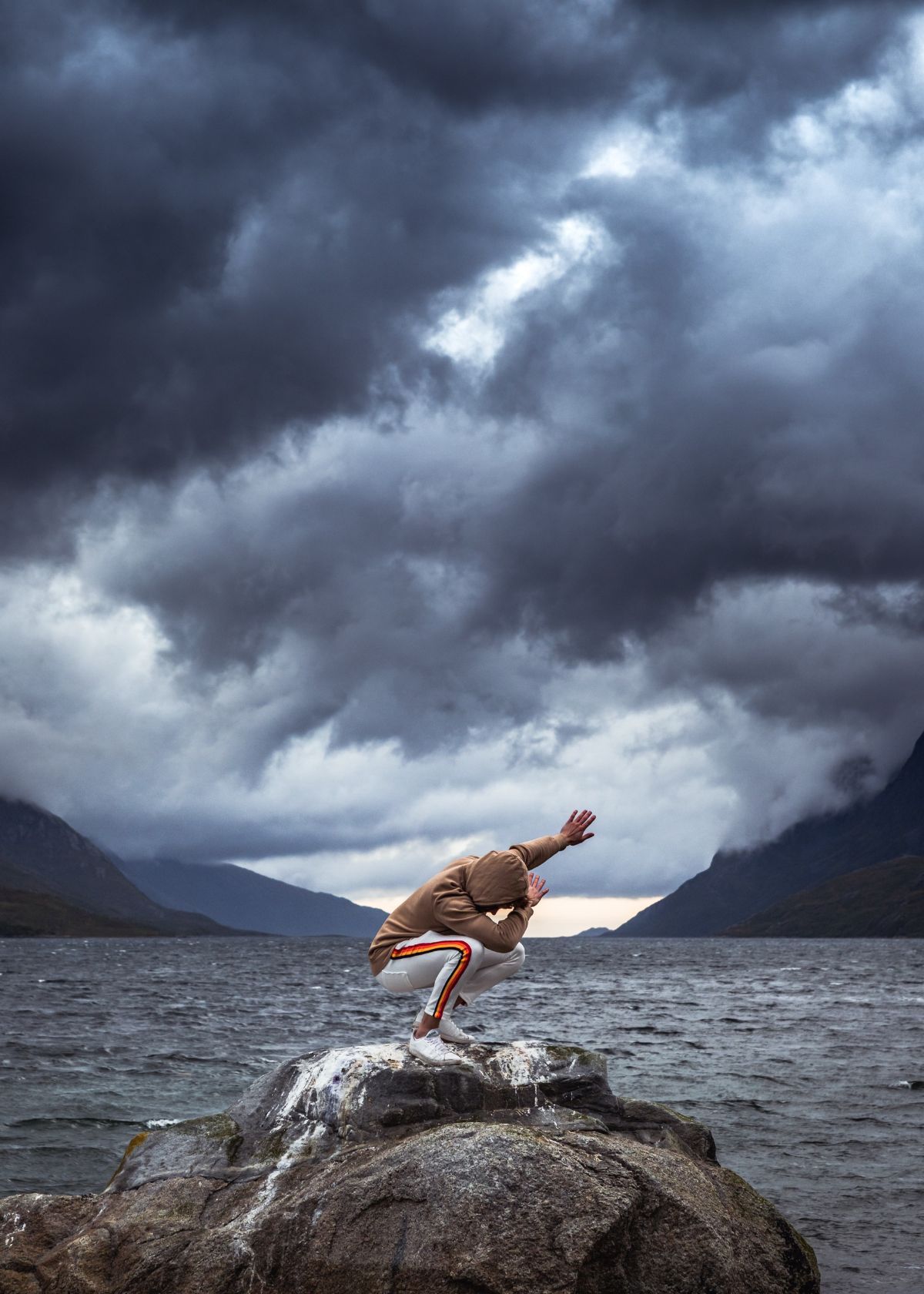
Basic survival skills
With all its modern conveniences and technology, it's easy to forget that at its core, human survival still depends on a few basic skills.
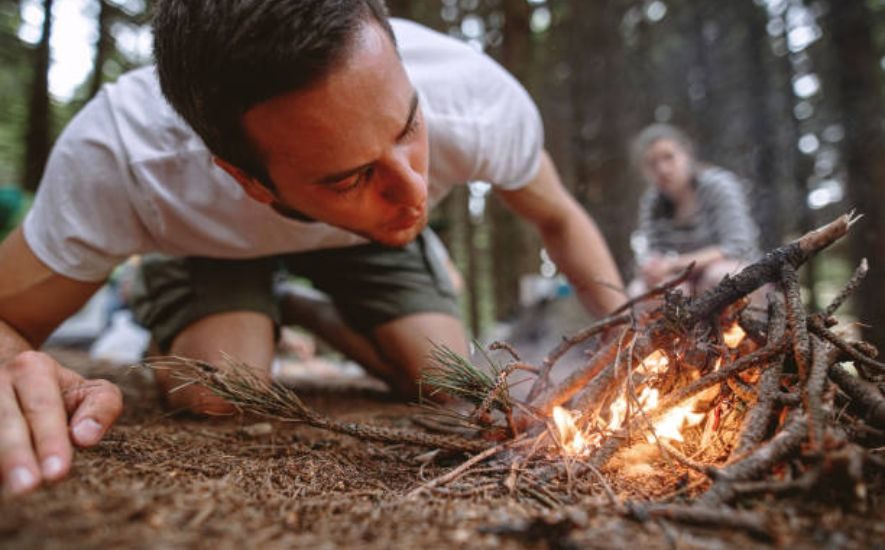
While many of us might never find ourselves in a true survival situation, learning basic survival skills can be a fun and rewarding hobby and provide us with a sense of security and preparedness.
Becoming a survivalist may seem like an intimidating task, but with the right knowledge and preparation, anyone can develop the skills needed to survive in the great outdoors.
Essential Tools and Equipment
One of the first steps in becoming a survivalist is ensuring you have the essential tools and equipment to survive in the wilderness. These include a sturdy knife, a reliable fire starter, a compass, a map, a first-aid kit, and a backpack to carry everything in.
A good-quality knife is perhaps the most crucial tool as it can be used for a variety of purposes, such as preparing food, building shelters, and making other tools. A reliable fire starter, such as waterproof matches or a ferrocerium rod, is also essential for cooking food, boiling water, and staying warm.
Water and Food Procurement
Water is essential for survival, and it can be challenging to find a reliable source in a wilderness environment. Some methods for water procurement include collecting rainwater, melting snow, and using a water filter or purification tablets to treat water from streams or other sources.
Food procurement can also be challenging, but there are many options available, including foraging for wild edibles such as berries and nuts, fishing, hunting, and trapping. It's important to educate yourself on the plants and animals in the area you'll be in and learn how to prepare and cook any food you collect properly.
Navigation
Navigating in the wilderness can be challenging, especially if you're unfamiliar with the area. A compass and map are essential tools, but it's also important to know how to read them and understand basic orienteering skills. You should also be familiar with landmarks, natural features, and other navigational aids such as the sun's position or stars.

Advanced survival skills
The importance of being prepared for any situation has become increasingly apparent as the world becomes more unpredictable and uncertain. Those who can adapt and survive in the face of adversity are often called survivalists.
Survivalism is not just about living off the land and being self-sufficient but also about being mentally and emotionally prepared for whatever challenges may come your way.
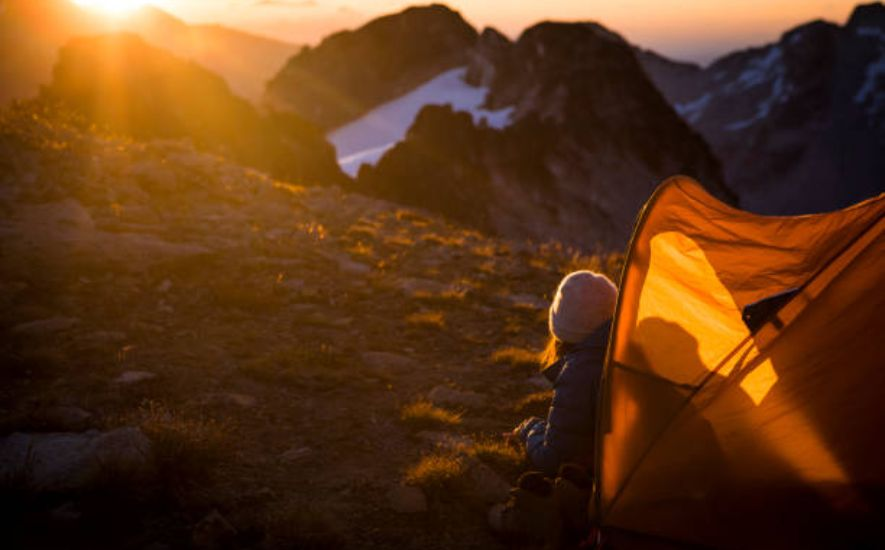
I. Mastering Navigation Skills
One of the most important skills a better survivalist can have is navigating their surroundings. Knowing how to read a map and use a compass is essential, but it's also important to be able to navigate without them.
Identifying landmarks, reading the stars, and understanding terrain features can mean the difference between getting lost and finding your way back to civilization.
II. Building Shelter
Another key skill for survivalists is knowing how to build a shelter. Whether you're stranded in the wilderness or facing a natural disaster, having a shelter can protect you from the elements and provide a place to rest.
Building a shelter requires knowledge of basic construction techniques and materials and an understanding of the environment in which you find yourself.
III. Finding and Purifying Water
Water is essential for survival, and knowing how to find and purify it is crucial. Survivalists should know how to identify water sources, such as streams and lakes, and how to purify them to make them safe for drinking. There are many methods for purifying water, including boiling, chemical treatments, and filtration.
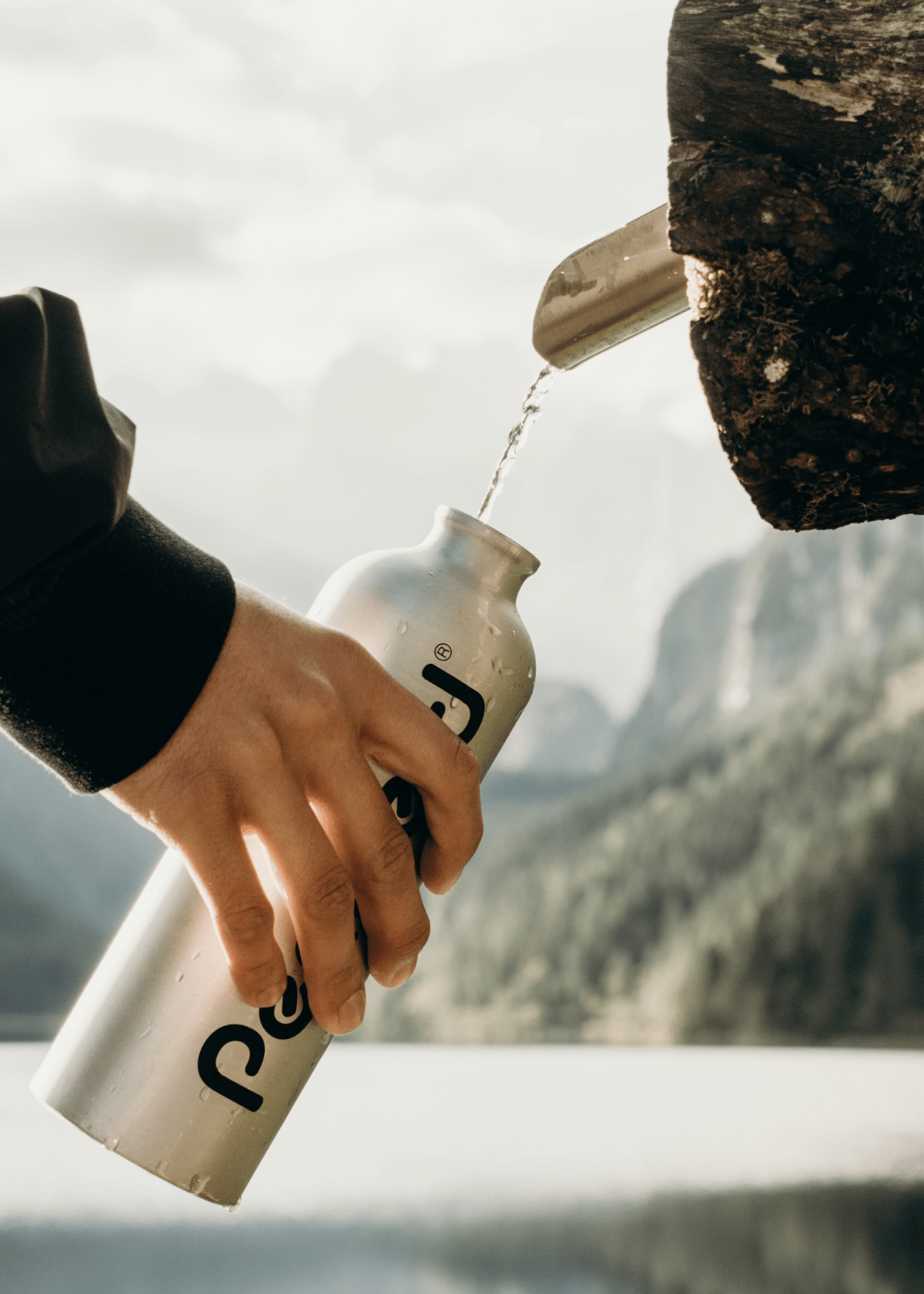
Gear and equipment
The world can be unpredictable, and as humans, we are vulnerable to natural disasters, accidents, and unexpected situations. In such cases, being a survivalist can be useful, as it equips you with the skills and knowledge required to survive in any situation. But to be a successful survivalist, you also need the right gear and equipment to help you stay safe and comfortable.
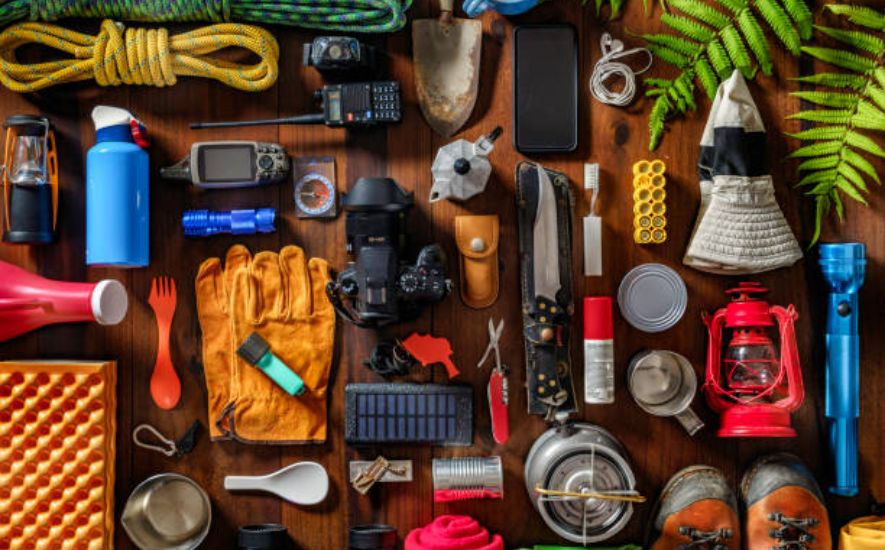
Essential Gear and Equipment
- Survival Knife: A high-quality survival knife is one of the most important tools you need as a survivalist. It can be used for various tasks such as preparing food, building shelter, starting a fire, and even defending yourself.
- Water Filtration System: Access to clean drinking water is crucial for survival. A water filtration system can help you filter water from any source, making it safe to drink.
- Fire Starter: Fire is essential for warmth, cooking food, and even signaling for help. A fire starter can help you start a fire in any condition, even when it's raining or windy.
- Shelter: A good shelter can protect you from harsh weather conditions, such as rain, wind, or snow. It can also help you stay warm and dry, ensuring you get a good night's sleep.
- First Aid Kit: Injuries can happen anytime, so having a first aid kit is essential. It should contain bandages, antiseptic, pain relievers, and any necessary medications.
Additional Gear and Equipment
- Compass and Map: Navigation is critical when you're in the wild. A compass and map can help you find your way, even when no signs or landmarks guide you.
- Flashlight: A flashlight is essential for navigating in the dark, signaling for help, and even scaring away animals.
- Multi-Tool: A multi-tool is a versatile tool that can be used for a wide range of tasks such as cutting, screwing, and opening cans.
- Backpack: A good backpack can help you easily carry all your gear and equipment. It should be comfortable, durable, and have enough space to store all your essential items.
- Emergency Blanket or Only Sticks: An emergency blanket can help you stay warm, even in extreme weather conditions. It's lightweight, compact, and can fit into your backpack easily.
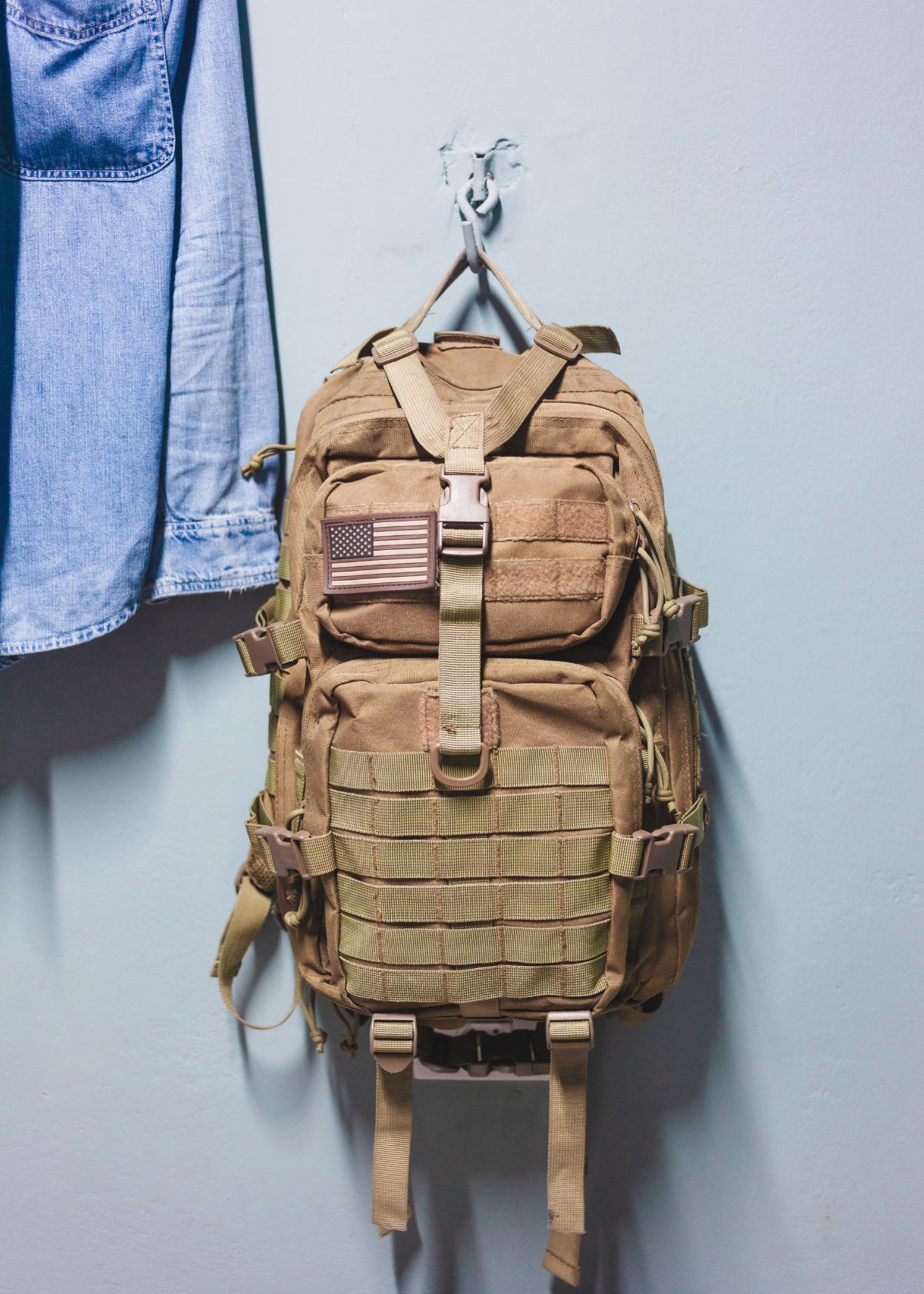
Understanding natural disasters
Natural disasters are a common occurrence that can strike anytime and anywhere. They are unpredictable, and their effects can be devastating, resulting in loss of life, property damage, and economic hardships.
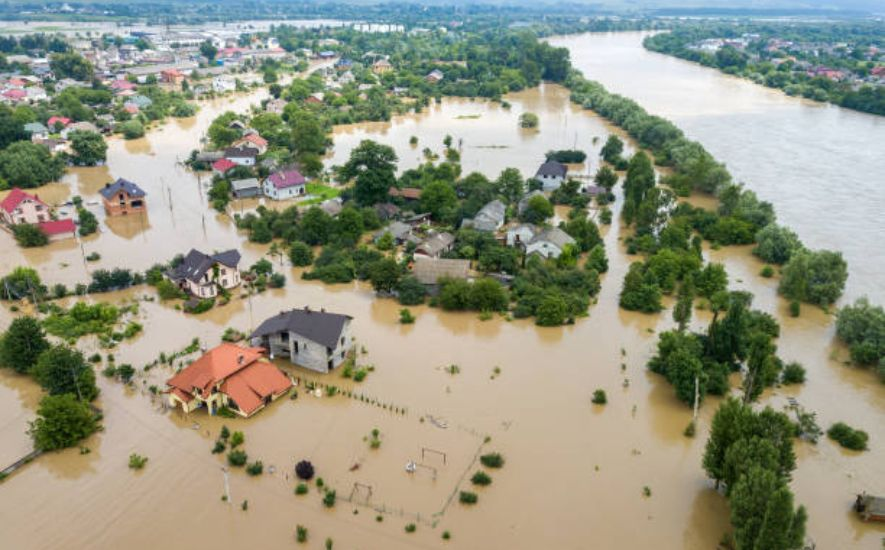
In recent years, the world has witnessed an increase in the frequency and severity of natural disasters, making it crucial for individuals to become survivalists. A survivalist is prepared for any emergency and has the necessary skills and knowledge to survive.
Understanding Natural Disasters
The first step in becoming a survivalist is understanding the different natural disaster types. Several natural disasters include earthquakes, hurricanes, tornadoes, floods, and wildfires. Each of these disasters has its unique characteristics, and the methods of preparation and survival vary accordingly.
Surviving Natural Disasters
In the event of a natural disaster, the ability to think and act quickly can mean the difference between life and death. Surviving a natural disaster requires having the necessary survival techniques and knowledge to react appropriately.
For example, knowing how to use a fire extinguisher properly can be critical in the event of a wildfire. Learning how to navigate through floodwaters safely is essential during a flood.
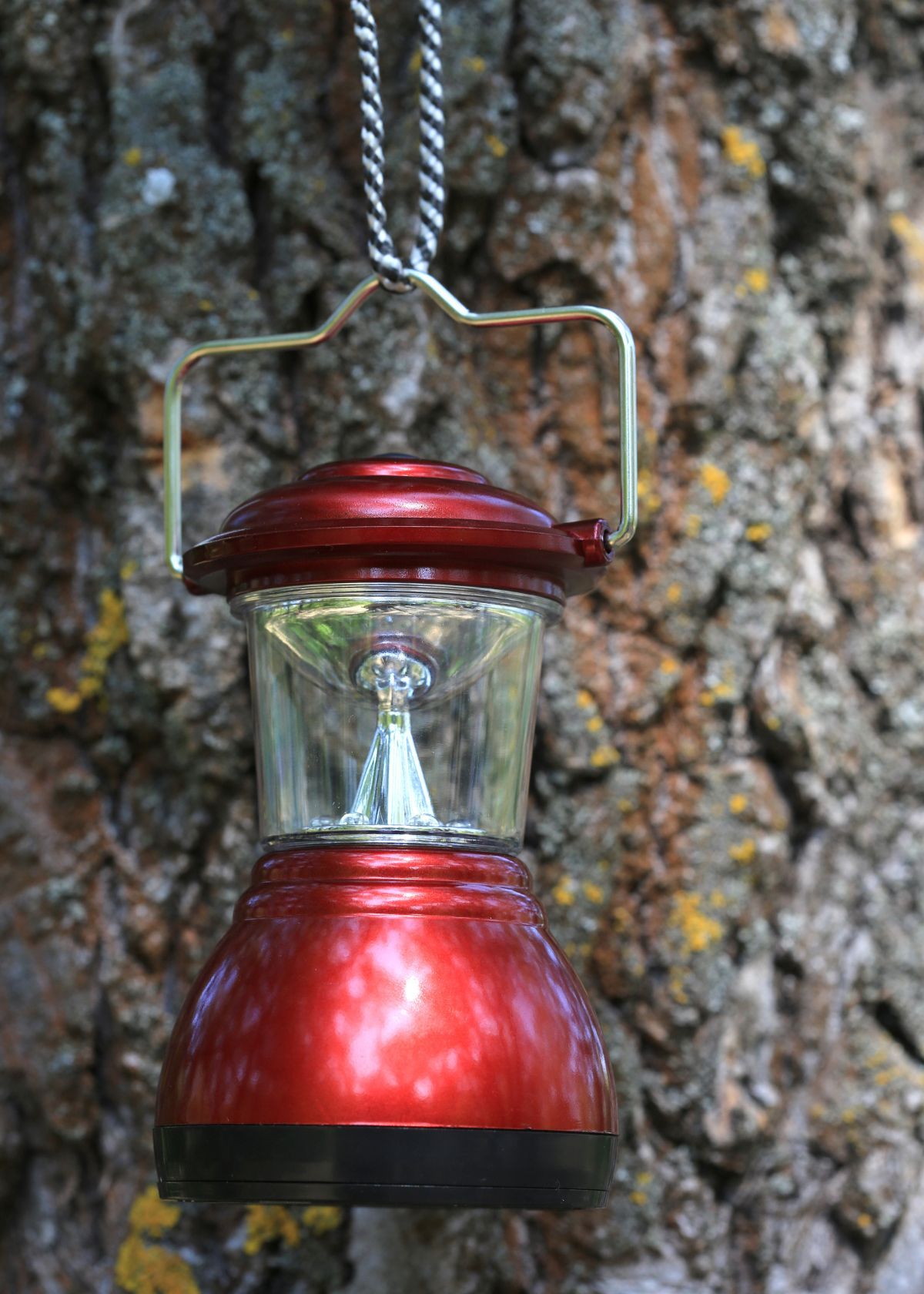
Understanding Pandemic To Become a survivalist
A deadly pandemic hit the world in 2020, which had not been seen in a century. It caused widespread panic and disruption across the globe, with countries struggling to contain the virus and its impact on the economy, social life, and health.
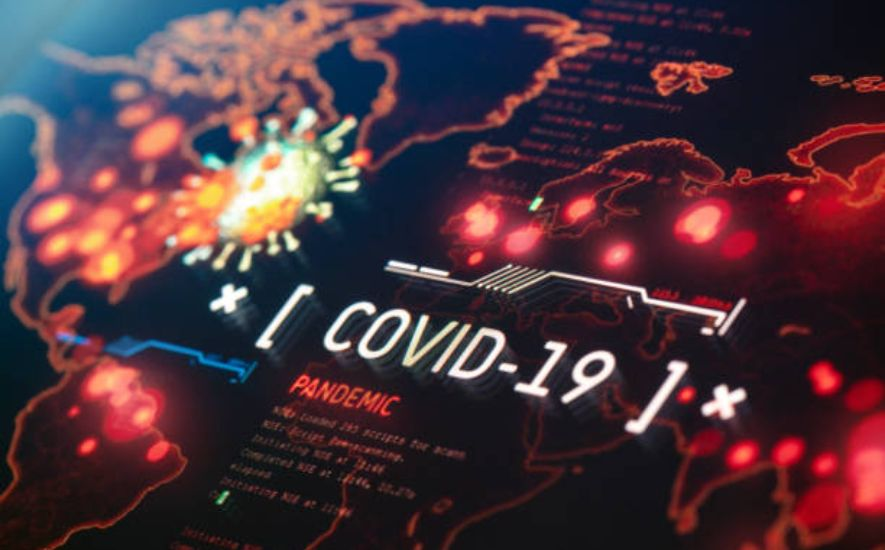
The COVID-19 pandemic highlighted the need to be prepared for future outbreaks. Being a survivalist is not just about having a stockpile of food and water but also understanding pandemics and their impact on society.
Understanding Pandemics
Pandemics are not new to humanity, and several pandemics have existed throughout history. The most recent COVID-19 pandemic has brought into sharp focus the need to understand the nature of pandemics, their causes, and their impact on society.
Pandemics are caused by infectious diseases that spread rapidly across populations, often crossing borders and affecting people from all walks of life. Understanding the nature of these diseases and how they spread is critical to being prepared for future outbreaks.
Preparing for Pandemics
Preparing for pandemics requires a multi-faceted approach. It involves stockpiling essential supplies, such as food, water, and medical supplies.
It also involves having a plan in place for how to manage the impact of a pandemic on daily life, such as working from home, homeschooling children, and staying connected with loved ones.
Additionally, being prepared means staying up-to-date with the latest information on the virus and following guidelines from health authorities.
The Importance of Community
Being a survivalist is not just about individual preparedness but also about community preparedness. Communities can work together to share resources, support each other, and coordinate efforts to manage the impact of a pandemic.
This can include creating community gardens, sharing knowledge and skills, and establishing communication channels to stay connected.

Frequently Asked Questions (FAQs)
Becoming a survivalist is not as easy as it sounds. It takes dedication, perseverance, and willingness to learn. Here are some basic FAQs for those who wish to become an expert in survivalism:
What are the 5 survival skills?
The five survival skills can vary depending on the source, but one common set of survival skills includes:
- Shelter: The ability to construct or find shelter to protect yourself from the elements.
- Water: The ability to find and purify water for drinking.
- Fire: The ability to start a fire for warmth, cooking, and signaling for rescue.
- Food: The ability to find and gather food, whether it's hunting, fishing, foraging, or trapping.
- Navigation: The ability to navigate using maps, compasses, or natural landmarks and to find your way to safety or civilization.
What do you need to be a survivalist?
Here are some things that can be helpful for someone who wants to become a survivalist:
- Knowledge of survival skills: Understanding how to build shelter, start a fire, find and purify water, navigate using a map and compass, and hunt and gather food.
- Physical fitness: Being in good physical shape can help you handle the physical demands of surviving in the wilderness, such as hiking long distances and carrying heavy loads.
- Mental resilience: Surviving in a difficult situation requires a strong mindset, including the ability to stay calm under pressure, be resourceful and adaptable, and overcome obstacles.
Survival gear: Having the right equipment can make a big difference in a survival situation. This can include a knife, a first aid kit, a water filter, and appropriate clothing and footwear.
What is a survivalist lifestyle?
A survivalist lifestyle is a way of living that emphasizes self-sufficiency, preparedness, and resilience in the face of emergencies or disasters. Survivalists seek to develop the skills, knowledge, and resources needed to survive and thrive in challenging situations, such as natural disasters, social unrest, economic collapse, or other disruptions to normal life.
Some survivalists may live off the grid, relying on renewable energy sources and sustainable practices to meet their basic needs. They may grow their food, hunt or fish for protein, and collect rainwater for drinking and washing. Others may focus on stockpiling supplies and equipment, such as food, water, medical supplies, and tools, on preparing for potential crises.
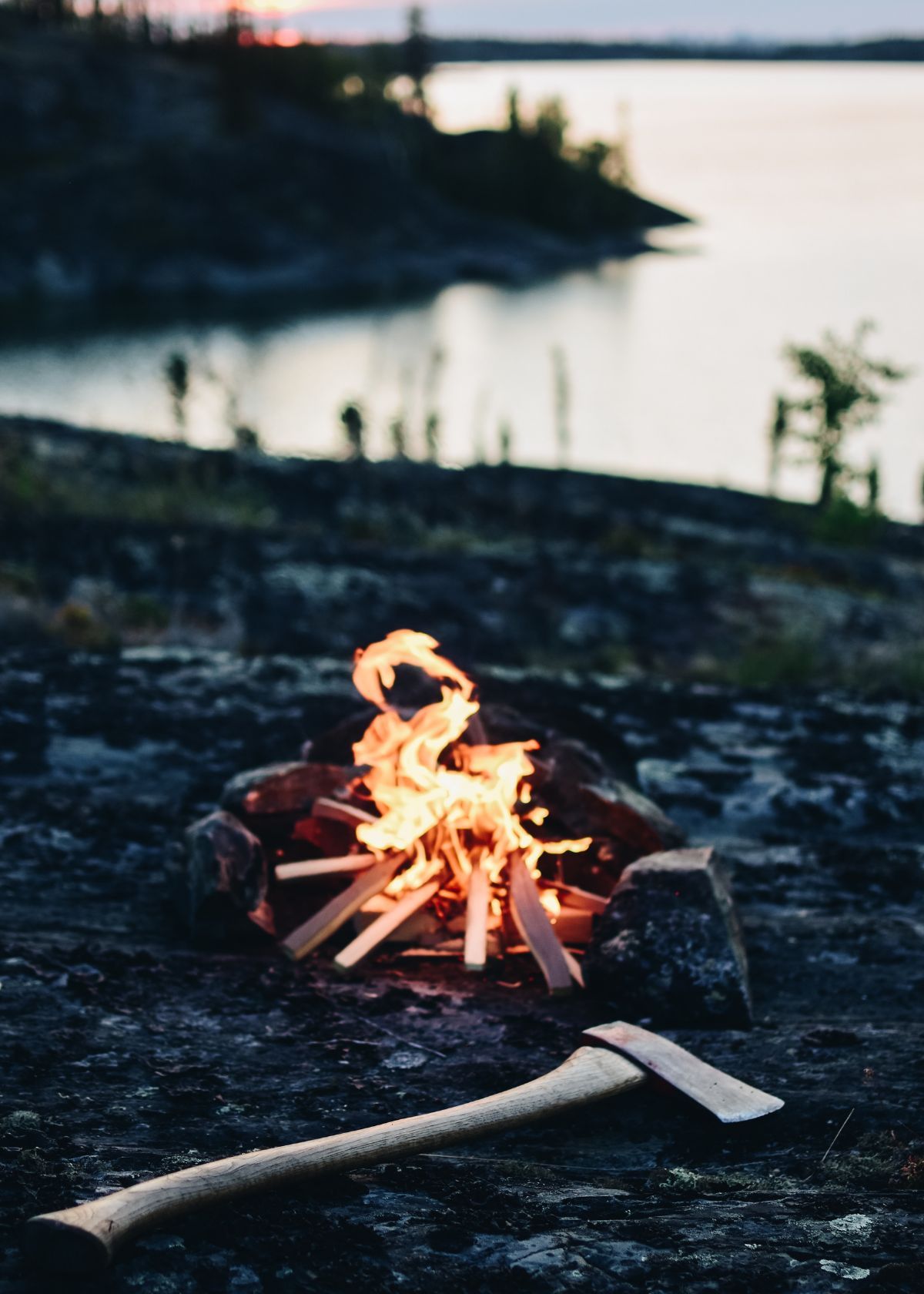
Conclusion
In conclusion, becoming a survivalist requires dedication, knowledge, and practice. It's important to learn essential survival skills, such as building a shelter, finding and purifying water, and starting a fire.
Stocking up on food, water, and other essential supplies is also crucial. But survivalism is not just about physical preparation; it also requires mental toughness, adaptability, and the ability to remain calm in high-pressure situations.
Engaging in outdoor activities like camping or hiking can help develop these skills. Ultimately, the key to becoming a successful survivalist is to remain proactive, continuously educate yourself, and be prepared for anything life throws at you.
